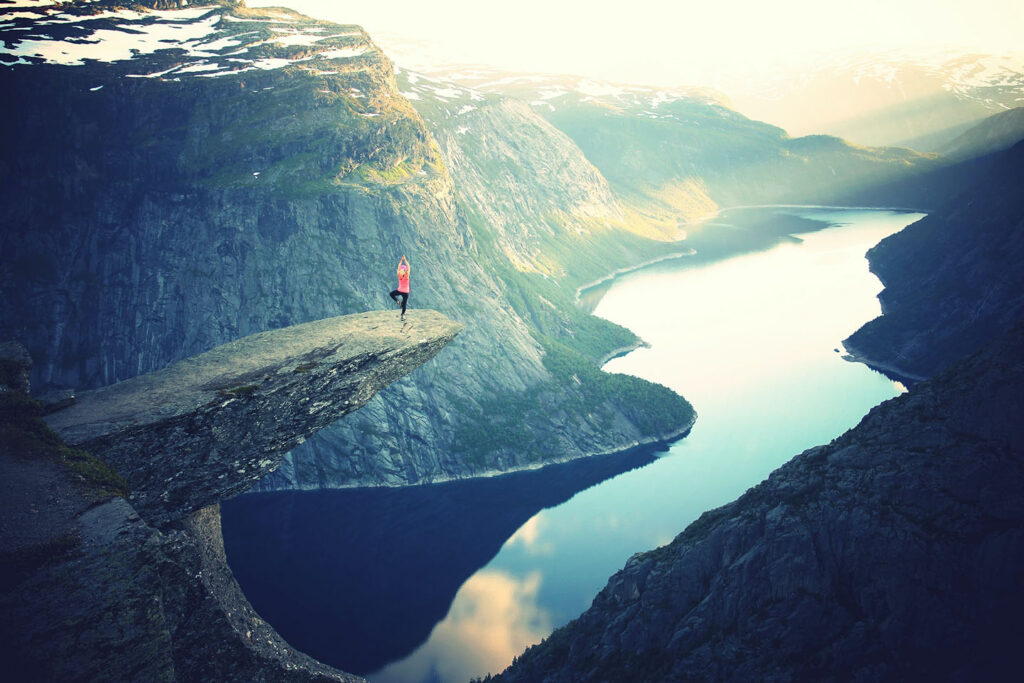In these pandemic times, we have all been forced to stay at home and forsake our travel plans until further notice. Although the current travel bans may seem like a drastic measure to ensure the virus does not continue spreading, it has given society, and especially the tourism industry, an opportunity to re-boot, to rethink tourism altogether. This comes at a timely moment since the UN World Tourism Organisation (UNWTO) has been warning the tourism industry for some years now on taking action to reduce over-tourism.
With the reduction of travel caused by Covid-19, cities that have suffered from over-tourism in the past, such as Venice, have been able to see what their landmarks look like when untouched by tourists. It is difficult to imagine that all of these new behaviors will remain post Covid, however.
So the question remains, how can the tourism industry re-shape tourists’ mindsets for the long term to adopt more sustainable behavior when travelling?
Failed sustainable tourism attempts
In the past, the tourism industry has attempted to use different approaches to sustainable tourism such as ‘eco-tourism” or “slow tourism”; however, these approaches have not flourished for two reasons:
- First, there has been some research on how to make individuals adopt sustainable behavior while traveling. For instance, one study showed that by making tourists wash their hands, they are nudged towards acting “morally right” by selecting more pro-environmental hotels. However in practice, tourists do not necessarily respond well to these nudges. Indeed, some have argued that individuals are usually in an escapist state-of-mind during holidays and are not necessarily willing to be educated on how to act sustainably.
- Second, the wave of slow tourism has looked at how to reduce travel or to find alternative ways of traveling by using modes of transportation that have a lower environmental impact, such as rail-based tourism, taking the bus or even sailing. However, these forms of transportation are often seen as unconformable and time intensive, and therefore few tourists are willing to adopt slow tourism.
This poses huge challenges for both researchers and the tourism industry in finding effective ways to promote sustainable tourism.
Luxury as a way to promote sustainable tourism
One particular area that has been understudied is using luxury as a way to trigger sustainable tourism behavior. This is because sustainability together with luxury is often linked to not being ‘sexy’ enough for consumers to adopt. However, researchers are increasingly interested in finding ways for luxury and sustainability to co-exist.
Luxury has primarily been considered wasteful and difficult to access. However, new research shows that luxury can be more than ‘just’ buying expensive products or spending money on expensive hotels. In fact, tourists often experience traveling as a transcendental, extraordinary moment, in which consumers forget about their sense of time and place. Some tourists consider these extraordinary experiences as “luxury moments”. Luxury moments allow tourists to break free from their mundane lives or to “decelerate” from their hectic and stressful lifestyles. These moments are luxurious since they are considered rare but are accessible to many if consumers are mindful, if tourists are aware of their actions and surroundings. As a result, luxury has the potential to activate a state of mindfulness that could allow tourists to be more conscious of what they purchase, what they consume, and thus, to be more sustainably minded when traveling.
By promoting destinations as being unconventionally luxurious, tourists will be encouraged into seeing travel as more than mindlessly ‘ticking boxes’ in overcrowded tourist destinations.
